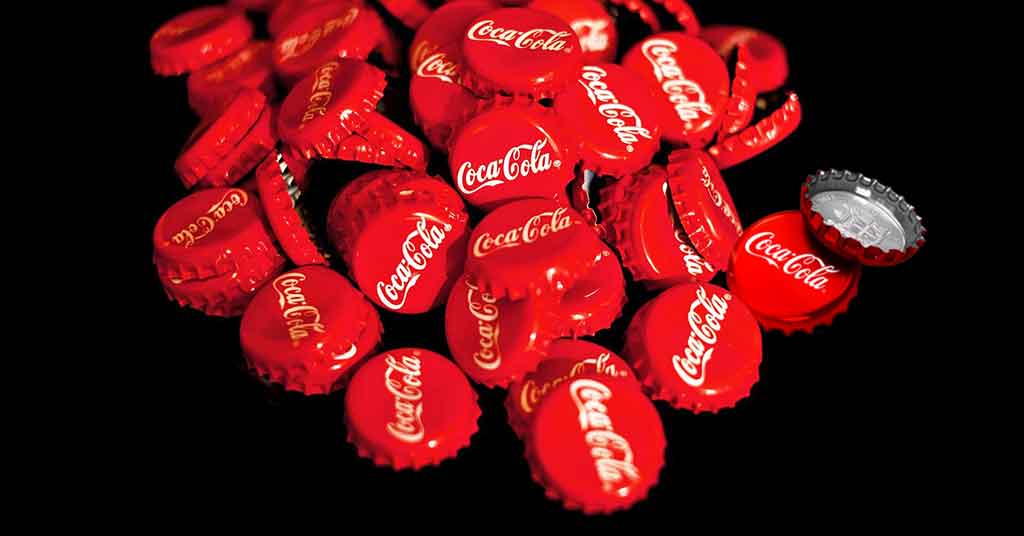Welcome To ChemAnalyst

Coca-Cola made headlines in September by announcing an undisclosed investment in carbon conversion research aimed at creating more sustainable packaging materials. The research will be conducted by scientists at Swansea University in Wales, United Kingdom, as part of a three-year project. This initiative seeks to explore the process of electrolysis for converting carbon dioxide into ethylene, a crucial component in the production of high-density polyethylene (HDPE), which is commonly used to manufacture plastic bottle caps.
The electrolysis process involves passing an electric current through a cell, with one half containing captured carbon dioxide and the other half holding a water-based solution. An electrified catalyst facilitates the transfer of charged hydrogen atoms from the water molecules to the other half of the cell, separated by a membrane. There, they combine with charged carbon atoms from the carbon dioxide molecules, ultimately forming ethylene.
Coca-Cola envisions that if this process proves to be highly efficient and productive, it can be scaled up to receive carbon dioxide captured from the air near its facilities or directly from its own smokestacks.
This project is the most recent in a series of initiatives funded through CCEP's innovation investment engine, CCEP Ventures (CCEPV). These investments are strategically designed to drive innovation and sustainability progress in alignment with CCEP's ambitious goal of achieving net-zero emissions by 2040.
Craig Twyford, Head of CCEP Ventures, emphasized the potential impact of this technology. He stated that if it were scaled successfully, it could significantly reduce fossil fuel usage and carbon emissions, contributing to the acceleration of a low-carbon future for CCEP.
Ethylene is a significant contributor to global carbon emissions and currently ranks as the third-highest emitter among manufactured chemicals worldwide, trailing only ammonia and cement. Traditionally, ethylene production involves using steam crackers and feedstocks such as naphtha, liquefied petroleum gas, ethane, propane, or butane, which are cracked into ethylene at high temperatures of approximately 800 degrees Celsius.
This investment from CCEP reflects the company's commitment to exploring innovative solutions for reducing carbon emissions and achieving sustainability goals. It builds upon a recent partnership between Coca-Cola and the University of California, Berkeley, where they are working together to develop scalable methods for converting captured CO2 into sugar.
In summary, CCEP's investment in carbon conversion research showcases their dedication to exploring groundbreaking approaches to sustainability and reducing their carbon footprint. Through collaborative efforts with research institutions and their own innovation investment engine, CCEP is actively pursuing a low-carbon future and contributing to global efforts to combat climate change.
We use cookies to deliver the best possible experience on our website. To learn more, visit our Privacy Policy. By continuing to use this site or by closing this box, you consent to our use of cookies. More info.
